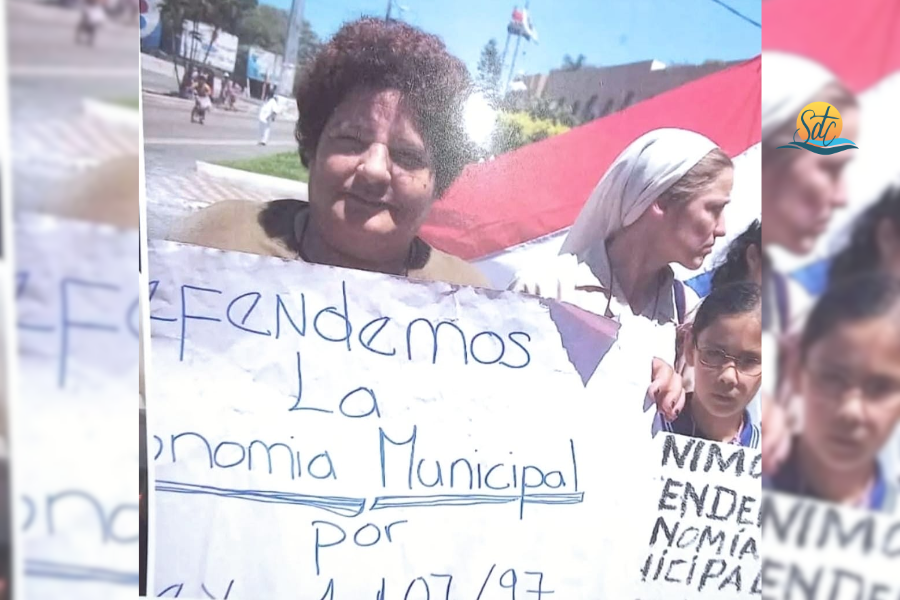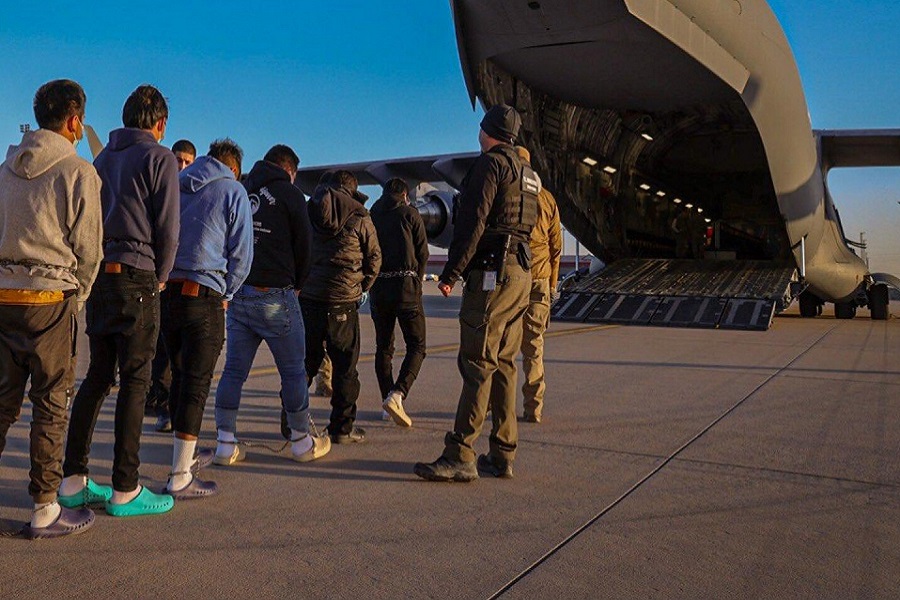A long-time missionary in Africa, sister Rosa has spent much of her life in missionary communities in Chad and the Central African Republic.
Sister Rosa, how did your missionary story begin?
“I joined the Sisters of Charity in 1967. I did my postulancy and novitiate in Brescia and then juniorate in various hospitals. I then attended nursing school and taught in the nursery school.
After my perpetual vows, the Congregation had in the meantime opened up to the missions and so I applied to be available for some missionary project. After a few years, I received a positive response. After training as a midwife, I left for Chad for the first time in 1979.
At that time, Chad was in a very difficult situation because there was war. I spent my first 14 years as a missionary at the Goundi hospital, a private Jesuit facility, which was being set up at that time.
After 14 years in Goundi, I was transferred to the Central African republic, where I spent six years. These were harder and more difficult years because I had a great responsibility on me.
After 7 years in the Central African Republic, I returned to Chad. Here I spent 6 years in two suburban dispensaries, then I moved to N’Djamena, the capital, where they were opening a new university hospital.
The main reason for my move was the hospital’s desire to open maternity and do AIDS prevention, both for the woman and the child. I always say that during those years I was at the service of life, because being a midwife is having life in your hands every day.
I lived through difficult times, because there was war, there was hunger, we saw many people die. However, I have also experienced beautiful moments and I have had many people who have helped me, both professionally and spiritually”.
How did you recognise and live the charism within your missionary life?
“The first service we must always do is the witness of life, to then be able to help people, especially through training. When I arrived, there were very few trained health care personnel, so the important work of charity, as St Jeanne Antida teaches her daughters, is to teach and help people to become self-sufficient and teach them to have some hospital experience, to avoid mortality as much as possible. I, for example, also taught nursing school for a short time”.
Can you tell us about a mission experience that you carry in your heart?
“When I was working at the maternity hospital in Bocaranga, Central African Republic, I met a lady one morning. She told me: -I came for an abortion-. And I answered her: -This maternity hospital has a home for lif-‘ and from here a dialogue of help began with her. When she left, I was convinced she had gone for an abortion elsewhere.
To my surprise, on Easter Day she came back with a baby in her arms and said: -Do you remember me?- I did not remember. -I am that lady who had asked you for an abortion, and here is my baby-. So I told her: -Since we are in the Easter period you will call her Pasqualina-. And she agreed”.
For this Missions Day, can you give us some advice on how to be missionaries in everyday life?
“We are all missionaries, it is not necessary to leave. Everyone is a missionary where he is. The missionary’s testimony must be a testimony of prayer, because without prayer and the sacraments you cannot stand.
Another fundamental point is fraternal life, which is a very positive support.
Finally, service: when there is a call, one must leave everything to go and serve. I learnt this availability above all from our foundress, who carried the flame of charity. We must keep this flame burning with our daily work and humble service”.
Find out where the Sisters of Charity are in the world by clicking here






